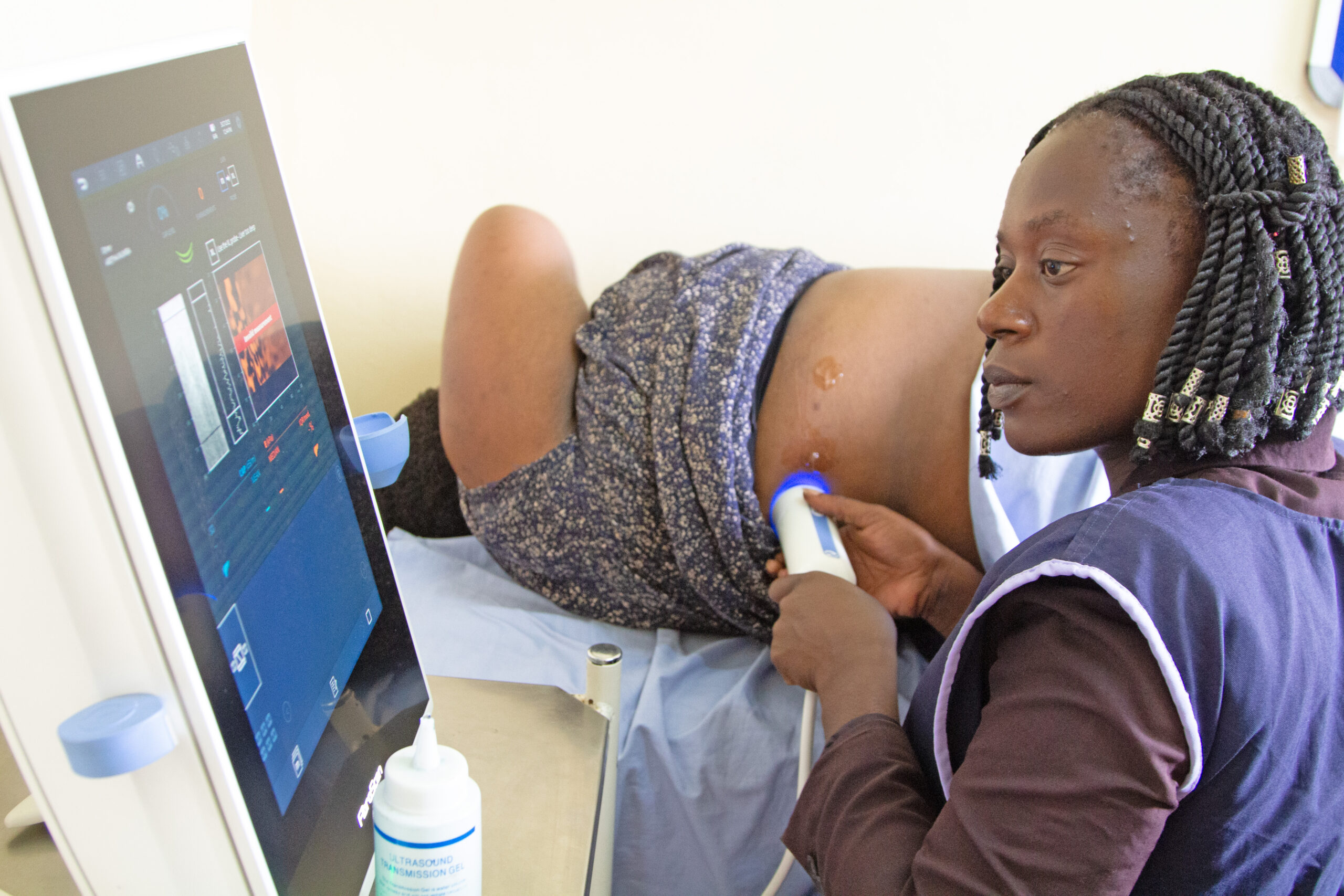
Clinical trials at CIDRZ: CoVPN 3008(UBUNTU) study
April 16, 2025
CIDRZ Trains Intervention Workers for Hygiene Trial in Lusaka.
April 22, 2025From June 2016 to July 2017, the Centre for Infectious Disease Research in Zambia (CIDRZ) conducted high-quality clinical research through its involvement in the HIV Vaccine Trials Network (HVTN) 111 study, a Phase 1/2A clinical trial.
The trial, titled “A Phase 1 Clinical Trial to Evaluate the Safety and Immunogenicity of HIV Clade C DNA and of MF59-Adjuvanted Clade C Env Protein, in Healthy, HIV-Uninfected Adult Participants,” was implemented across three countries including Zambia, South Africa, and Tanzania. CIDRZ was among the five clinical research sites involved.
The primary aim of the study was to evaluate the safety, tolerability, and immune response generated by a candidate HIV vaccine. A total of 132 healthy, HIV-uninfected adult participants were enrolled, and 123 (93%) successfully completed all vaccination and follow-up visits.
Findings from the study showed that all vaccine formulations and combinations were safe and well tolerated. There were no serious adverse events, vaccine-related severe side effects, or significant local reactions reported.
In terms of immune response, the combination of DNA and protein vaccines demonstrated a stronger boost to the immune system, which may help reduce the risk of HIV-1 infection. Additionally, the study compared delivery methods, finding that administering the DNA vaccine via Biojector (a needle-free device) followed by a booster injection produced a stronger immune response than the traditional needle and syringe method—though this benefit was not observed when both were given at the same time.
Although the study was conducted several years ago, it remains a strong demonstration of CIDRZ’s technical expertise and its role in global scientific efforts to develop an effective HIV vaccine.
“This trial, conducted over a decade ago, is a testament to CIDRZ’s capacity to implement complex, multi-country research aligned with international standards,” said a CIDRZ spokesperson. “We continue to build on this legacy to support innovative health research in Zambia and beyond.”
The success of the HVTN 111 study highlights CIDRZ’s continued commitment to improving public health through cutting-edge research and international collaboration.




